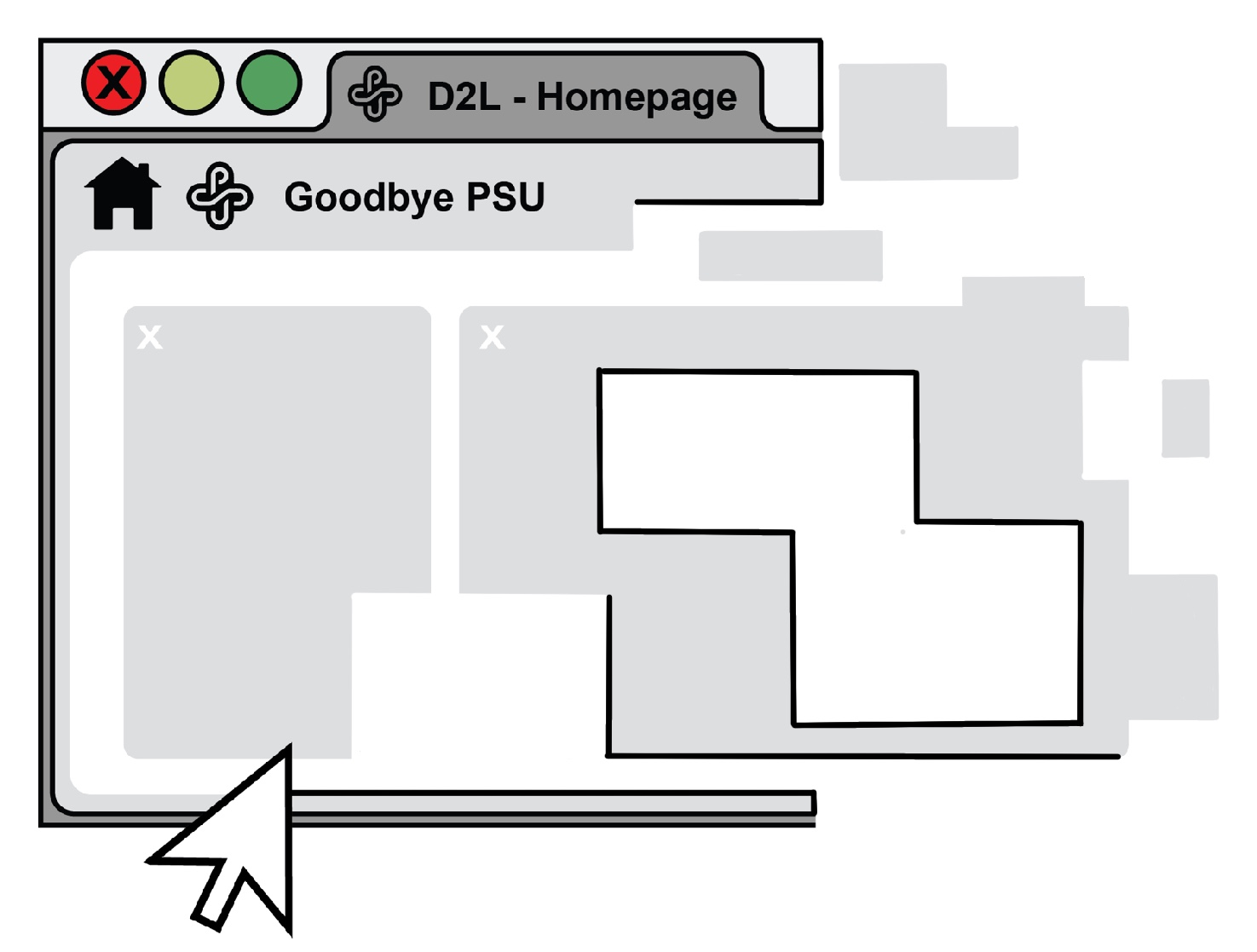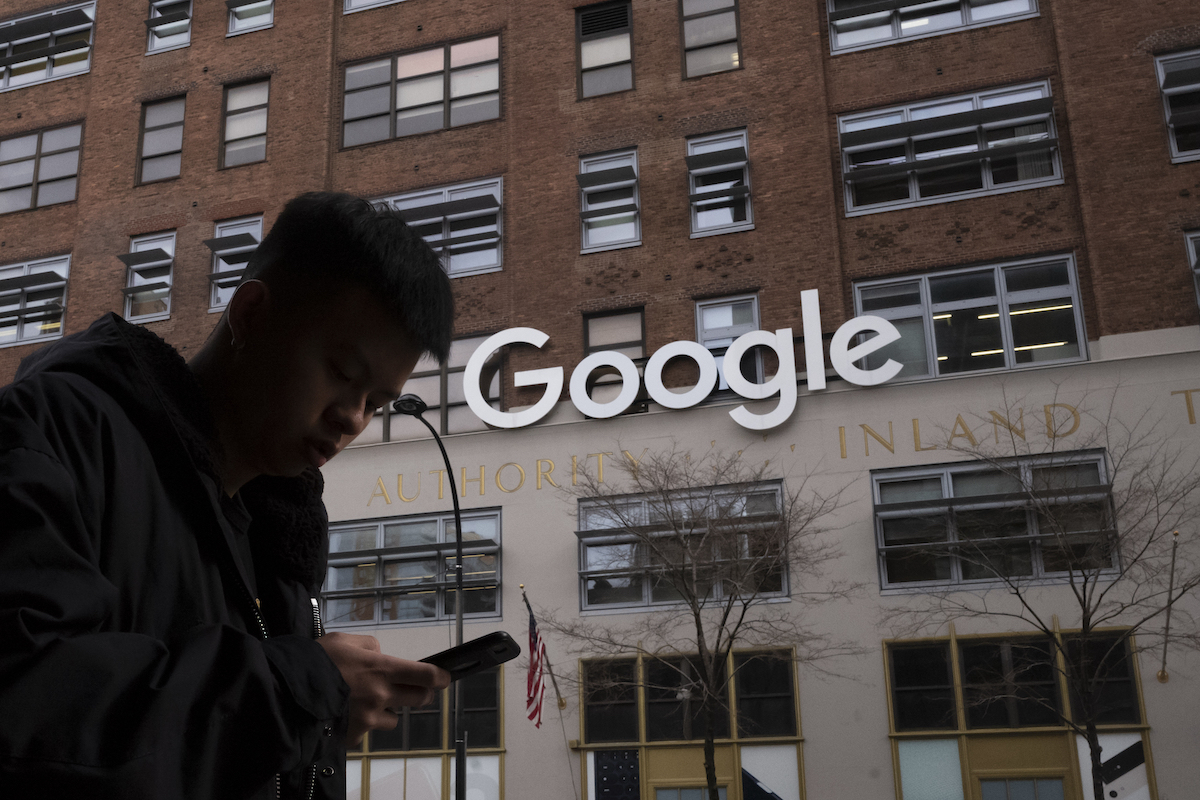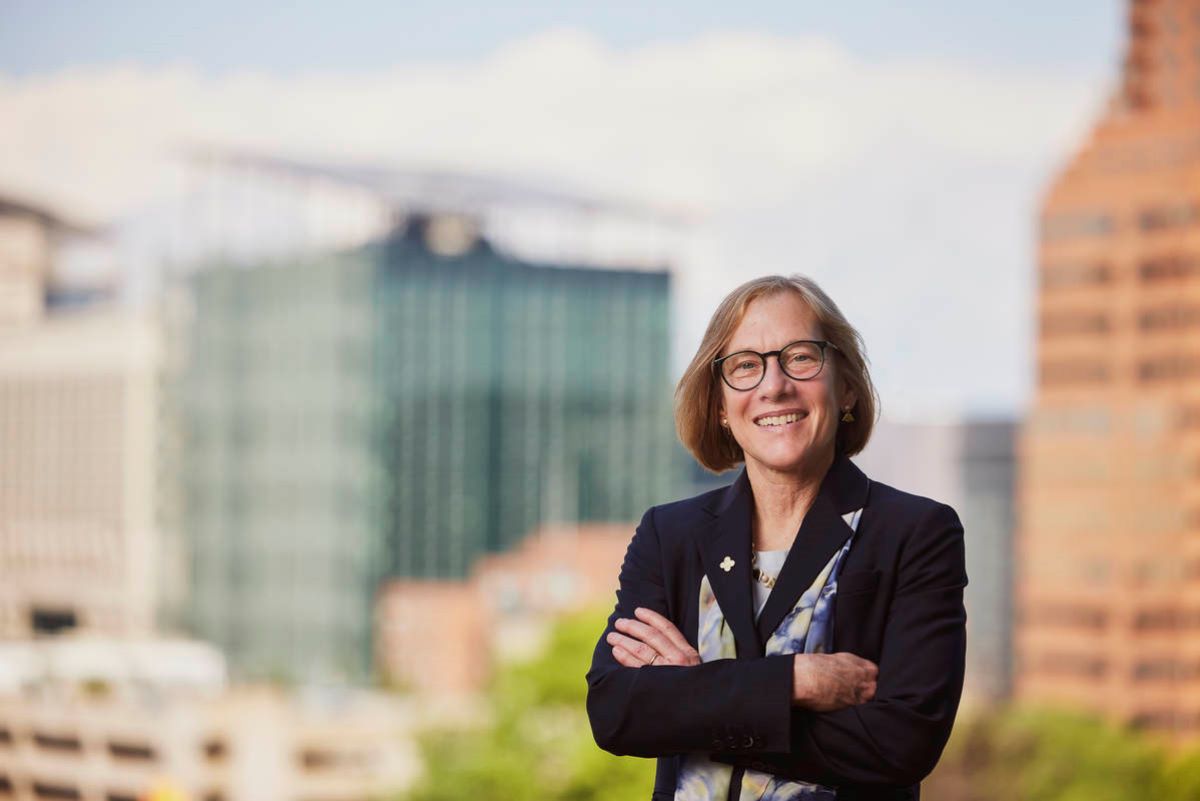Portland State prides itself on its values, its mission and its position in the community. These values include “excellence and innovation,” “integrity” and “inclusion and equity.” Recently, President Stephen Percy named three new strategic priorities for the university: “centering the school’s effort to improve racial justice and equity to combat structural racism, focusing on student success to improve retention and graduation rates and engaging with the community to strengthen Portland as a whole.” The next step is to answer the question: is PSU living up to those values?
Let’s look at PSU’s Black Studies department. The administration has been criticized for barely funding the department; Dr. Ethan Johnson, chair of the department, said in an interview it has “some non-tenure track faculty and some adjunct faculty, but I would say we’re not really a department…the university knows that Black students are not graduating…they have known this for a long time and…I would say it’s intentional. Inaction as an action is just as intentional.” To PSU’s credit, the Black Studies department will increase its full-time faculty to four professors after losing two on its 50th anniversary. “To me it’s not some huge gain—it’s really getting us back to where we were 10 years ago, because we’ve been losing faculty,” Johnson said. This isn’t PSU fully embodying its values; rather, it feels like they’re scrambling to catch the Black Studies department up to standards after the explosion of racial justice protests last summer.
Speaking of racial justice, let’s look at PSU’s campus public safety officers. The administration promised in August that CPSO would disarm in the fall of 2020, after years of activism by students and after Jason Washington was shot and killed by campus police in 2018. PSU said CPSO would have all firearm-free patrols “before or during the month of October,” as part of a plan to “dismantle systemic racism.”
In November 2020, the university announced campus police will not disarm until the “end of the academic year,” citing “delays in negotiating a new operating agreement with the Portland Police Bureau and rewriting 500 pages in policies and procedures.” If PSU were truly acting in good faith to disarm campus police, why would they not be up-front about these challenges in August instead of setting a deadline they knew they couldn’t meet? And if they didn’t know what the challenges were, why wouldn’t they find out before announcing a date for disarmament?
Of course, any university is ultimately defined by its faculty. Let’s look at one of PSU’s most infamous professorial scandals, “Sokal Squared.” PSU philosophy professor Peter Boghossian, along with Helen Pluckrose and James Lindsay, published 20 hoax papers to academic journals in the fields of gender studies, race studies and similar fields in 2018. According to an article the three wrote in Areo, they published fake articles in order to “expose the reality of grievance studies, which is corrupting academic research.”
Boghossian was later subjected to institutional review, after it was found that he had violated PSU’s ethics guidelines by participating in the hoax. He also came under review on the charge of falsifying data, and the review board found that the hoax met the criteria for “human-subjects research;” Boghossian hadn’t cleared that with the review board, violating university policy.
In an open letter published in Portland State Vanguard, nearly a dozen professors denounced the hoax, noting that the articles “actually involved completely falsified data, a thing that we ought to call by its name: fraud.” They wrote that “[the articles] are designed not to critique, educate or inspire change in flawed systems, but rather to humiliate entire fields while the authors gin up publicity for themselves without having made any scholarly contributions whatsoever.”
Boghossian and his allies did not submit fake articles to journals of biology, history or psychology, for instance—even though the field of psychology is going through a major replicability crisis. Without a control group, any findings they gathered from their research are bunk; in attempting to prove that the field of “grievance studies” was systemically unscientific, they abandoned the scientific method altogether in favor of some cheap publicity.
As a student, if I were to engage in academic misconduct at this scale, I would face serious sanctions, up to suspension or expulsion from the university. Boghossian is still a full-time faculty member in the philosophy department. It is interesting, to say the least, that I would likely face a harsher punishment for academic misconduct than a professor knowingly perpetrating a fraud.
Finally, we can’t forget one of PSU’s most well-known professors, Dr. Bruce Gilley. Gilley is a tenured professor of political science at PSU. He is perhaps most famous for his article in Third World Quarterly, “The Case for Colonialism.” In it, he argues colonialism by Western powers was beneficial, and Western countries should “recolonize some regions” or “build new Western colonies from scratch.”
There is not enough space on this page, nor enough ink that could be spilled, to detail the full depths of this argument’s defects. Instead, it is useful to point out the issues that directly relate to this article’s focus—PSU’s values of academic integrity. Gilley’s case rests on a shaky foundation of misreadings of the scholarship on colonialism, at times outright misrepresenting and omitting key facts. For instance, Gilley praises colonialism through comparison with “[c]ountries that did not have a significant colonial history” such as Haiti, Libya and Guatemala. All of these countries had a significant colonial history: Haiti was famously a French colony until 1804, Libya was colonized by the Ottomans and then by Italy under Mussolini and Guatemala was colonized by Spain until 1821. This is all without mentioning non-Western independent nations like Japan, which seem to have turned out just fine. Finding these facts took no more than five minutes and a simple Google search; this leads me to believe that Gilley is either a lazy scholar or a dishonest one.
Gilley has a YouTube channel as well, where he posts videos such as “Was It Good Fortune to be Enslaved by the British Empire?” where he states Africans enslaved by the British would have had a “short and brutal life in Stone Age African society.” African societies in the precolonial period had a long history of state institutions, societies such as the Yoruba had standardized currencies and sophisticated savings and loan systems and, oh, the Stone Age ended in Africa about 4,000 years ago. Whether or not Gilley has personal prejudice against Africans, the erasure of African history to suit colonial narratives has a storied lineage in the history of cultural extermination.
In November 2019, Gilley was invited to speak at the German Bundestag by Alternative für Deutschland (AfD) MPs Markus Frohnmaier and Petr Bystron. Frohnmaier associates with the far-right, fascist-allied fringes of AfD, which is already a right-wing nationalist party; in his speech, he prefaced his remarks by saying, “I am not a historian, much less a historian of colonialism.” He should have stopped there.
This is not merely a difference of opinion, or a matter of “academic freedom.” Academic freedom does not mean the freedom to lie, to misrepresent facts or to perpetrate fraud. Does a professor speaking to a far-right audience to defend colonialism, or lying about “Stone Age Africa” in a YouTube video, “improve racial justice and equity?” Does a professor falsifying data to score political points promote “integrity?” How, exactly, does underfunding the Black Studies department for decades “[focus] on student success to improve retention and graduation rates?” What about slow-walking CPSO disarmament after students forced PSU’s hand? Does that “engag[e] with the community to strengthen Portland as a whole?” PSU has a choice: it can either live up to their values, or stop pretending to have ever had them at all.







> Without a control group, any findings they gathered from their research are bunk
Interesting, because most “legitimate” papers I had the misfortune to read in these kind of journals did not involve “control groups” either. I guess they are (as many of us already suspected) bunk too!
When is PSU going to stop playing the CRT neo-racist game and return to allowing professors to do actual research?
Gilley’s anti-colonial research is supported by a Kenyan doctor who lived through colonization and agrees that Gilley ask the same fair questions that he asks himself. But I’m sure the virtuous PSU staff know better than a POC that lived through it.
Boghossian’s fraudulent paper study was genius and clearly could not tip it’s hand in advance without possibly undermining the whole study. It’s hard to imagine that one of the “hard working” members of the faculty senate wouldn’t have been on the phone to their like-minded peers warning to be on the lookout for bogus papers.
My kid is halfway through his PSU education and we’ve talked seriously about changing schools in light of the anti-critical-thinking attitudes in constant evidence at the school.